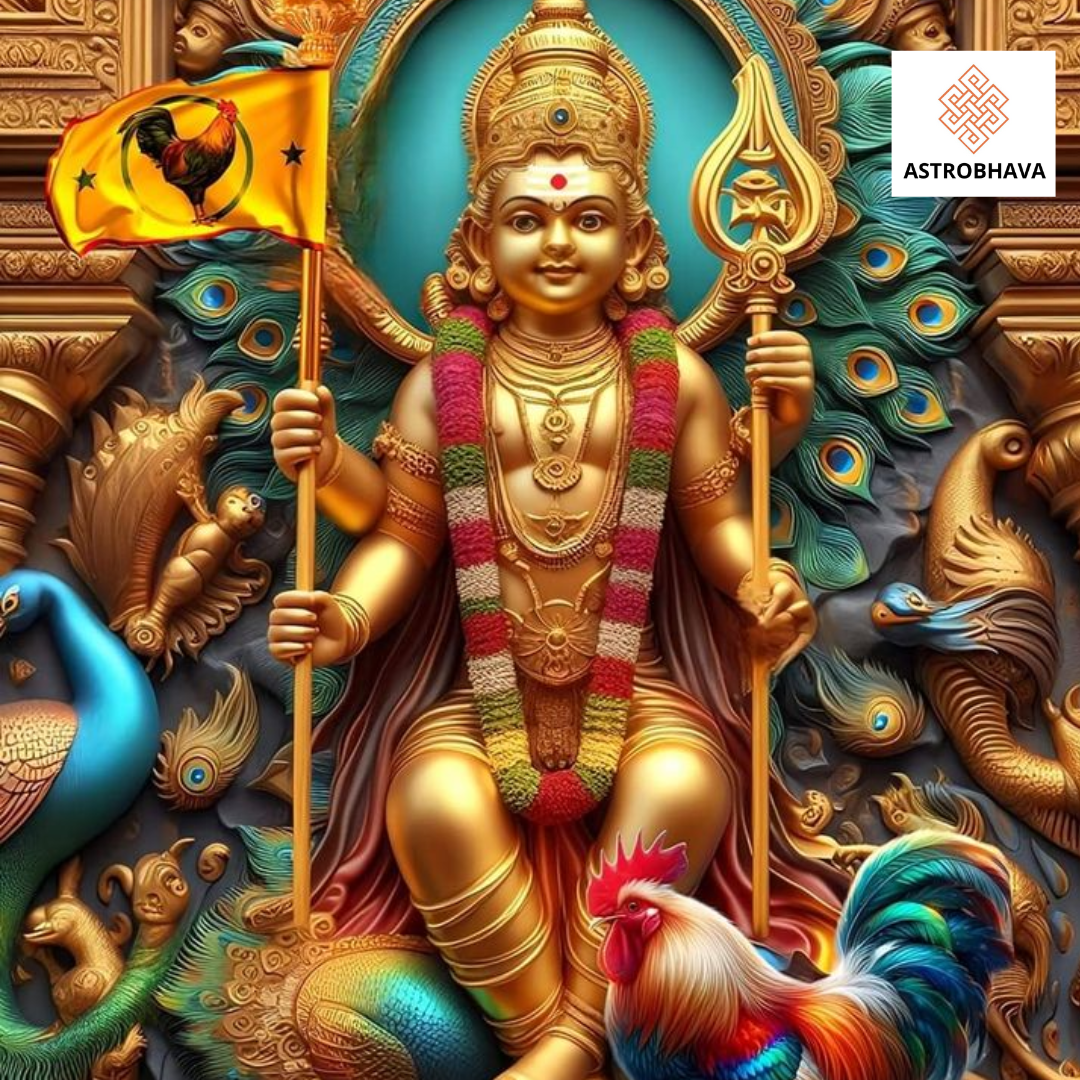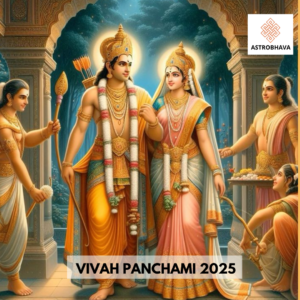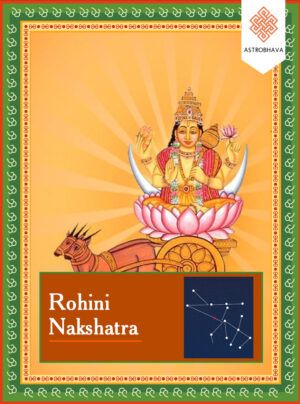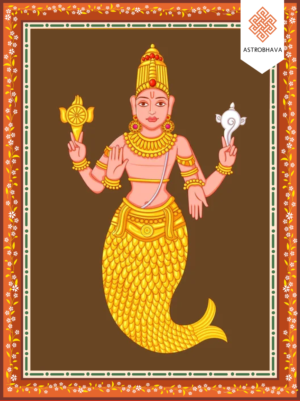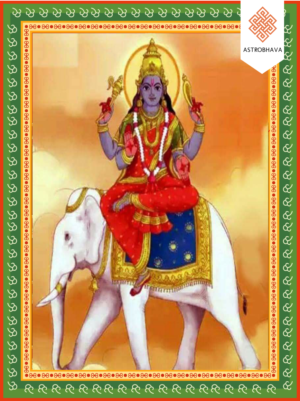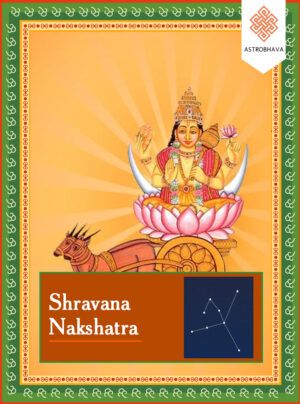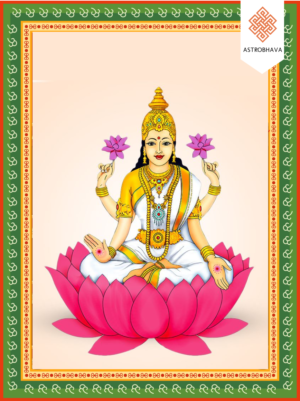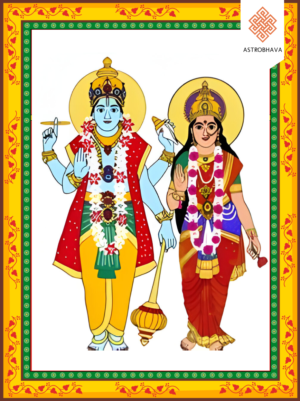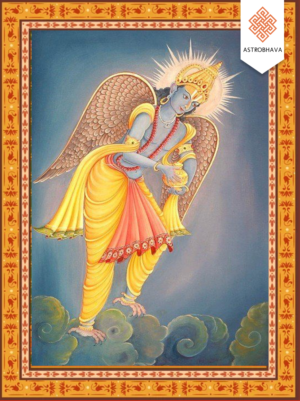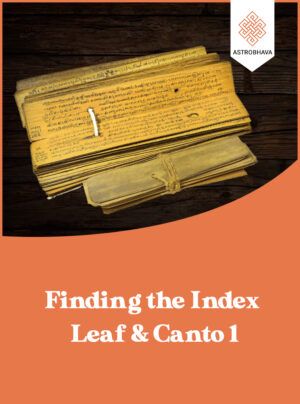Thaipusam 2025: Celebrating Lord Murugan’s Victory
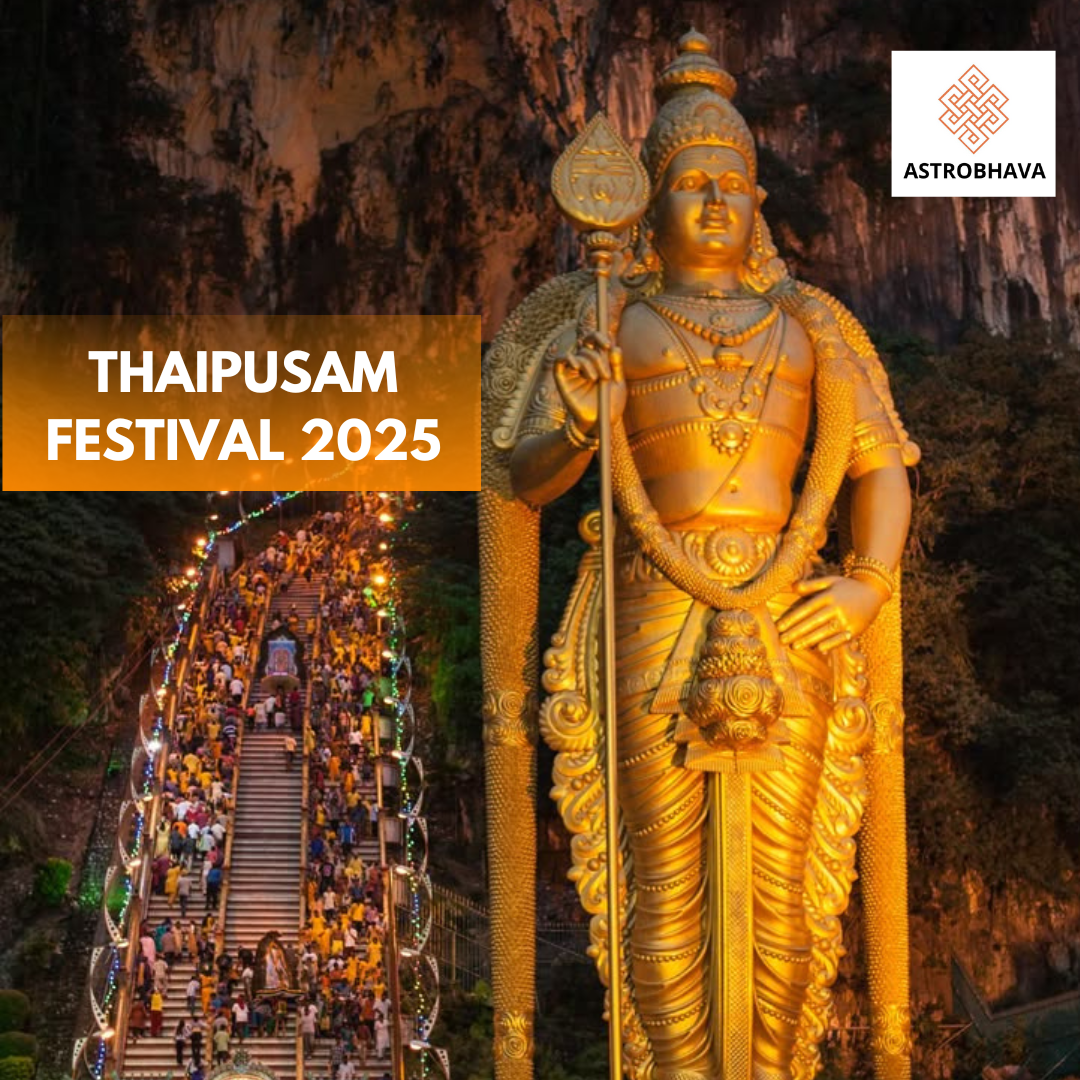
Thaipusam 2025 is a grand Hindu festival dedicated to Lord Murugan, the son of Lord Shiva and Goddess Parvati. Celebrated primarily by Tamil communities worldwide, Thaipusam 2025 marks the victory of Lord Murugan over the demon Surapadman, symbolizing the triumph of good over evil. This spiritual occasion is observed with great devotion, penance, and unique rituals across India, Malaysia, Singapore, and other parts of the world. The festival attracts millions of devotees, each seeking divine blessings, making it one of the most significant religious events in the Hindu calendar.
What is Thaipusam?
Thaipusam is a Hindu festival celebrated in honor of Lord Murugan. It falls on the full moon day in the Tamil month of Thai (January-February) when the star “Pusam” is at its highest point. Devotees undertake various forms of penance and offerings to seek blessings and absolution from past sins. The festival is an expression of faith, devotion, and gratitude, where many observe strict spiritual disciplines such as fasting and silence before the actual celebrations begin.
When is Thaipusam 2025?
Thaipusam 2025 will be celebrated on February 11, 2025. This auspicious day will see millions of devotees participating in prayers, fasting, and special rituals dedicated to Lord Murugan. Many temples, including the iconic Batu Caves in Malaysia, will witness thousands of pilgrims embarking on long treks to pay homage to the deity. Preparations for the festival often begin weeks in advance, with families and communities coming together to organize events and rituals.
Why Thaipusam is Celebrated?
Thaipusam is celebrated to commemorate the day when Goddess Parvati gifted Lord Murugan a divine spear (Vel) to vanquish the demon Surapadman. The festival signifies the power of faith, devotion, and self-discipline in overcoming obstacles in life. It is also a time for devotees to offer prayers of gratitude and make vows in return for divine intervention in their lives. Many believe that participating in Thaipusam rituals can bring prosperity, success, and inner peace.
Preparations for Thaipusam
1. Observing Fasting & Austerity (Viratham)
- Devotees begin their preparations 48 days before the festival by following a strict vegetarian diet and avoiding worldly pleasures.
- Many refrain from alcohol, smoking, and other indulgences to maintain purity.
- They meditate, chant Murugan mantras, and perform daily prayers.
2. Cleaning & Decorating Murugan Temples
- Temples dedicated to Lord Murugan, such as Batu Caves (Malaysia), Palani Murugan Temple (India), and Sri Thendayuthapani Temple (Singapore), are cleaned and decorated beautifully.
- Homes are also tidied up, and altars are adorned with flowers, lamps, and sacred items.
3. Preparing Offerings & Kavadi
- Offerings such as milk, fruits, flowers, and coconut are prepared for temple rituals.
- Some devotees decide to carry Kavadi, a wooden or metal structure decorated with flowers and peacock feathers, symbolizing burdens and gratitude.
“Seek the divine blessings of Skandamata– Book your puja now”
Rituals and Traditions on Thaipusam Day
1. Temple Procession & Kavadi Attam (Burden Dance)
- Devotees gather at temples, and processions carrying Lord Murugan’s idol take place.
- Some devotees carry Pal Kavadi (milk pots) or elaborate Alagu Kavadi, with hooks and skewers pierced into their bodies as an act of devotion and penance.
- Kavadi Attam (Kavadi Dance) is performed to express spiritual joy.
2. Piercing Rituals & Body Mortifications
- As an extreme form of devotion, some devotees pierce their cheeks, tongue, or skin with spears and hooks, believing it helps them overcome suffering through divine grace.
- Despite the intense pain, they enter a trance-like state and claim to feel no discomfort.
3. Carrying Milk Pots (Paalkudam)
- Many devotees, including women and children, carry pots of milk (paal kudam) as an offering to Lord Murugan.
- The milk is later poured on the deity’s idol as abhishekam (holy bath).
4. Prayers, Bhajans & Chanting
- Devotees chant “Vel Vel Murugan” or recite Kanda Sashti Kavasam, a hymn in praise of Lord Murugan.
- Bhajans (devotional songs) are sung in temples, creating a vibrant and spiritual atmosphere.
5. Shaving Heads as an Offering
- Some devotees shave their heads as an act of humility and surrender to Lord Murugan.
- It signifies a fresh start and leaving behind past sins.
6. Breaking Coconuts & Offering Fruits
- Breaking coconuts symbolizes breaking one’s ego and surrendering to God.
- Fruits like bananas and oranges are commonly offered at temples.
Celebrations in Different Countries
1. Malaysia – Batu Caves Celebration
- The grandest Thaipusam celebration occurs at Batu Caves, Kuala Lumpur, where thousands of devotees climb the 272 steps to the Murugan shrine.
- The chariot procession from Sri Mahamariamman Temple to Batu Caves is a major highlight.
2. India – Palani & Tamil Nadu Temples
- The Palani Murugan Temple in Tamil Nadu sees lakhs of pilgrims performing Kavadi rituals and abhishekams.
- Other major temples include Thiruchendur Murugan Temple and Swamimalai Murugan Temple.
3. Singapore & Sri Lanka
- In Singapore, the Sri Thendayuthapani Temple (Tank Road Temple) hosts major celebrations.
- In Sri Lanka, the Nallur Kandaswamy Temple in Jaffna is a major pilgrimage site.
Post-Thaipusam Rituals & Practices
- Devotees who carried Kavadi perform prayers of gratitude after fulfilling their vows.
- Some observe continued fasting or engage in charity and community service.
- Many visit Murugan temples for a final thanksgiving prayer before resuming daily life.
Rituals During Thaipusam
Thaipusam is one of the most significant Hindu festivals celebrated by Tamil communities worldwide. Dedicated to Lord Murugan, the warrior deity and son of Lord Shiva and Goddess Parvati, Thaipusam commemorates the day when Goddess Parvati gifted Lord Murugan the Vel (divine spear) to vanquish the demon Soorapadman. The festival falls on the full moon day in the Tamil month of Thai (January–February) when the Pushya (Pusam) star aligns with the moon.
Thaipusam is marked by elaborate rituals, rigorous acts of penance, and devotional offerings. Below is a detailed breakdown of the various rituals and traditions performed during the festival.
1. Pre-Festival Preparations and Spiritual Discipline
a) 48-Day Fasting and Spiritual Cleansing (Viratham)
Thaipusam is not just a one-day celebration but involves a period of intense preparation. Many devotees observe a 48-day fasting period before the festival. This practice is rooted in Hindu traditions, where fasting and self-discipline help purify the mind and body.
- Devotees adhere to strict rules, including:
- Following a vegetarian diet (no meat, fish, eggs, onion, or garlic).
- Refraining from alcohol, smoking, and other intoxicants.
- Practicing celibacy and avoiding worldly pleasures.
- Sleeping on the floor or on simple mats is an act of self-sacrifice.
- Engaging in daily prayers, meditation, and chanting hymns dedicated to Lord Murugan.
- Bathing twice a day and visiting temples frequently.
This period of spiritual purification prepares devotees mentally and physically for the challenging penance performed during Thaipusam.
b) Kavadi Preparation
The Kavadi (meaning “burden”) is the most iconic aspect of Thaipusam. It symbolizes the devotee’s act of devotion, humility, and gratitude towards Lord Murugan.
- Devotees begin preparing their Kavadi weeks in advance.
- The Kavadi is often decorated with peacock feathers, flowers, bells, and images of Lord Murugan.
- Some devotees build elaborate Vel Kavadis, which are large, spiked metal structures attached to the body with hooks.
Many believe carrying the Kavadi helps repay spiritual debts, seek divine blessings, and atone for past sins.
2. Rituals on the Day of Thaipusam
a) Holy Bath and Shaving of the Head
- Devotees start the day with a ritual bath, usually in a holy river or at home.
- Many shave their heads as an act of humility and complete surrender to Lord Murugan.
- The shaved hair is offered as a symbol of renouncing vanity and ego.
b) Temple Visit and Early Morning Prayers
- Devotees visit Murugan temples, wearing yellow or orange attire, as these colors are associated with purity and Lord Murugan.
- They carry offerings such as fruits, coconut, flowers, sandalwood paste, and incense sticks.
- The Abhishekam (ritual bathing of the deity) is performed using milk, honey, turmeric, rosewater, and sandalwood.
c) Grand Procession and Pilgrimage
- Devotees embark on a long barefoot procession from a designated starting point (often a temple or river) to a major Murugan temple.
- In Malaysia, the Batu Caves Thaipusam procession covers an 8-hour journey starting from Sri Mahamariamman Temple, Kuala Lumpur, to Batu Caves.
- Drums, traditional Nadaswaram music, and chants of “Vel! Vel! Muruga Vel!” accompany the devotees.
- Some devotees walk miles barefoot, enduring physical hardship as a sign of devotion.
d) Carrying the Kavadi (Burden Offering)
The Kavadi Attam (Kavadi Dance) is a central ritual in Thaipusam, where devotees carry Kavadis on their shoulders while performing a trance-like dance.
Types of Kavadi
- Paalkudam (Milk Pot Kavadi)
- Devotees carry a pot filled with milk (Paalkudam) on their heads as an offering.
- The milk is later poured over Lord Murugan’s idol during the Abhishekam.
- Alagu Kavadi
- A simple wooden or bamboo arch carried on the shoulders.
- Decorated with flowers and peacock feathers.
- Vel Kavadi
- A large, intricate metal structure, sometimes weighing over 30 kg, supported on the shoulders with hooks and skewers.
- The devotee enters a trance-like state and dances along the route.
- Pierced Kavadi
- Some devotees pierce their tongues, cheeks, or backs with Vel (spears) or hooks.
- This is done in a state of deep meditation and trance, where pain is transcended through divine devotion.
- Hook Suspension Kavadi
- Some extreme devotees suspend themselves from hooks pierced into their backs, sometimes attached to a chariot.
- This is seen as an act of penance, gratitude, and ultimate surrender to Lord Murugan.
e) Smashing of Coconuts
- Devotees smash coconuts on the ground before entering the temple.
- The coconut’s hard shell symbolizes the ego, and breaking it signifies humility and inner purification.
f) Offering of Milk and Abhishekam
- The milk carried in Paalkudam is used for Abhishekam (sacred bathing) of Lord Murugan’s idol.
- Other items like honey, turmeric, sandalwood, and rosewater are also offered.
3. Post-Rituals
a) Tonsuring the Head (Shaving)
- Some devotees shave their heads again as a final act of gratitude and humility.
- This symbolizes letting go of past sins and ego.
b) Annadhanam (Food Donation)
- Free meals are distributed to devotees, poor people, and temple visitors.
- Many temples organize large-scale Annadhanam, serving vegetarian food as an act of charity.
c) Temple Darshan and Seeking Blessings
- Devotees complete their pilgrimage by offering prayers inside the temple.
- Many tie small wooden cradles to trees as a prayer for childbirth.
- The priests bless devotees with holy ash and kumkum.
Major Thaipusam Celebrations Worldwide
a) Batu Caves, Malaysia
- Largest Thaipusam festival outside India.
- Over 1.5 million devotees participate.
- 272 steps lead to the Murugan shrine in Batu Caves.
b) Palani Murugan Temple, India
- One of the most sacred Murugan temples.
- Thousands of devotees walk barefoot for miles.
- Golden Vel Abhishekam is a major attraction.
c) Singapore (Sri Thendayuthapani Temple)
- Grand 4-km procession from Sri Srinivasa Perumal Temple.
- Kavadi bearers walk in a trance-like state.
- Milk offerings and piercing rituals are widely performed.
Significance of Thaipusam
Thaipusam is not just a religious festival but also a spiritual journey that allows devotees to cleanse their minds, bodies, and souls. Thaipusam 2025 holds immense significance as it reinforces faith, self-discipline, and the power of devotion. The festival encourages people to reflect on their spiritual path and seek divine intervention in overcoming challenges. Many devotees take vows and perform acts of penance as a way to seek Lord Murugan’s blessings.
Thaipusam is a deeply spiritual festival that holds great religious, cultural, and symbolic significance for Hindus, especially Tamil communities. Dedicated to Lord Murugan, the warrior deity and son of Lord Shiva and Goddess Parvati, Thaipusam is observed on the full moon day of the Tamil month Thai (January–February) when the Pushya (Pusam) star aligns with the moon. It is a festival of faith, devotion, and self-sacrifice, celebrated with fervor in India, Malaysia, Singapore, Sri Lanka, and other parts of the world.
The significance of Thaipusam can be understood through various perspectives:
1. Mythological Significance
Thaipusam is rooted in Hindu mythology, particularly in the story of Lord Murugan’s victory over the demon Soorapadman.
- According to Hindu scriptures, the devas (celestial beings) were oppressed by the demon Soorapadman, who had become invincible through a boon.
- Seeing their suffering, Goddess Parvati gifted Lord Murugan the divine spear (Vel) on the day of Thaipusam.
- With this Vel, Murugan defeated Soorapadman, restoring peace and dharma.
- The festival thus symbolizes the triumph of good over evil, light over darkness, and knowledge over ignorance.
By observing Thaipusam, devotees commemorate this divine event and express their gratitude to Lord Murugan for guiding them through life’s challenges.
2. Spiritual and Religious Significance
Thaipusam is a time of prayer, penance, and purification, and is regarded as an opportunity for spiritual awakening.
- Atonement of Sins: Devotees seek forgiveness for past misdeeds and purify their souls through rigorous fasting, self-discipline, and penance.
- Surrender to the Divine: The festival represents the ego’s surrender to the divine, as devotees shave their heads, pierce their bodies, and carry heavy Kavadis as acts of humility.
- Receiving Divine Blessings: Prayers and offerings made on this day are believed to bring divine grace, strength, and wisdom.
- Self-Discipline and Detachment: The strict fasting and abstinence observed before Thaipusam reinforce the importance of self-control and devotion.
The Vel (spear) given to Murugan is also considered a symbol of wisdom, guiding devotees towards spiritual enlightenment and inner strength.
3. Symbolism of Penance and Kavadi
The Kavadi Attam (Burden Dance) is one of the most distinctive aspects of Thaipusam. The Kavadi symbolizes a devotee’s burden and their willingness to surrender their sufferings to Lord Murugan.
- Carrying Kavadi is seen as a form of devotion, penance, and thanksgiving.
- Piercing the body with Vel (skewers) symbolizes detachment from material pain and focus on divine energy.
- The act of walking barefoot for long distances reflects humility and perseverance.
- Breaking coconuts symbolizes breaking the ego, allowing divine energy to flow.
Each of these rituals reinforces the festival’s message of faith, endurance, and ultimate liberation.
4. Social and Cultural Significance
Beyond its religious aspects, Thaipusam also plays a vital role in strengthening community bonds and cultural identity.
- Unity and Togetherness: The festival brings together families and communities in acts of devotion and service.
- Charity and Giving: Many devotees perform Annadhanam (food donation), feeding the poor and needy.
- Cultural Preservation: Traditional hymns, music, and dance during Thaipusam help preserve Tamil cultural heritage.
- Global Celebration: Thaipusam is one of the largest religious gatherings in Southeast Asia, attracting millions of devotees and tourists worldwide.
The festival promotes values of compassion, discipline, and communal harmony, fostering a strong sense of belonging among Tamil Hindus.
5. Astrological and Cosmic Significance
Thaipusam is observed on a highly auspicious day when:
- The full moon (Purnima) symbolizes completion, enlightenment, and spiritual clarity.
- The Pushya Nakshatra (star) is associated with divine nourishment and blessings.
- The cosmic alignment is believed to amplify spiritual energy, making it an ideal time for prayers, penance, and personal transformation.
Hindus believe that prayers and penance performed on this day yield multiplied benefits and divine blessings.
6. Psychological and Personal Growth Significance
Thaipusam is not just about external rituals but also about inner transformation.
- Overcoming Challenges: The hardships endured during Thaipusam symbolize an individual’s ability to face difficulties with faith and resilience.
- Mind Over Matter: The ability to transcend physical pain during piercings and Kavadi-carrying reflects mental strength and spiritual focus.
- Letting Go of Ego: The festival teaches the importance of humility, surrender, and selflessness.
Through the act of devotion, fasting, and sacrifice, devotees experience self-realization, inner strength, and spiritual renewal.
7. Environmental and Ecological Significance
Thaipusam also carries environmental awareness messages:
- Encourages Vegetarianism: The 48-day fasting period promotes a plant-based diet, reducing environmental harm from meat consumption.
- Natural Offerings: Rituals often involve biodegradable offerings like milk, fruits, and flowers, reducing pollution.
- Sacred Rivers and Temples: Devotees take ritual baths in sacred rivers, reinforcing the importance of water conservation and purity.
By integrating these practices, Thaipusam aligns with the principles of harmony with nature and sustainable living.
Conclusion
Thaipusam 2025 is a time of devotion, gratitude, and spiritual transformation. Whether you are observing fasting, carrying kavadi, or participating in temple processions, this festival is a powerful reminder of the triumph of good over evil. The rituals and practices associated with Thaipusam help individuals seek divine intervention and inner peace.
For more insights into Thaipusam 2025, astrological guidance, and personalized rituals, visit AstroBhava and seek divine blessings from Lord Murugan!
Frequently Asked Questions About Thaipusam 2025
1. Is Thaipusam a public holiday?
Thaipusam is a public holiday in Malaysia, Singapore, and certain regions in India.
2. Can non-Hindus participate in Thaipusam?
Yes, Thaipusam is open to everyone, regardless of religion, as an opportunity to witness devotion and spirituality.
3. What should I wear to Thaipusam 2025?
Devotees usually wear traditional yellow or saffron-colored attire, which is considered sacred.
4. Can I visit Batu Caves during Thaipusam 2025?
Yes, but expect large crowds as Batu Caves is one of the most important sites for Thaipusam celebrations.
5. How long does Thaipusam last?
The festival generally lasts for one to two days, depending on regional traditions.
6. What is the meaning of the Kavadi ritual?
The Kavadi ritual is a form of penance and devotion where devotees carry burdens as a way to express gratitude or seek divine blessings.
7. Are there any dietary restrictions before Thaipusam?
Many devotees observe vegetarian diets and avoid alcohol and other impurities as a form of spiritual discipline before Thaipusam.
Categories
- Astrological Remedies
- Astrology Guides
- Astrology Remedies for Wellness
- Career Astrology & Personal Growth
- Cosmology
- Festivals & Vedic Rituals
- Homa and Fire Rituals (Yagna)
- Japa
- Mantra
- nadi astrology
- nakshatras
- numerology
- Pilgrimage
- planets houses
- Progency
- Puja & Rituals
- Relationships
- rudra puja
- Rudraksha and gemstone
- Spiritual Astrology
- Spiritual Practices and Chanting
- Spiritual Rituals and Personal Empowerment
- Spiritual Tools & Personal Growth
- Spiritual Wellness and Protection
- Spirituality and Rituals
- Spirituality or Vedic Rituals
- Vastu Tips
- Vedic Astrology
- yantras
- Zodiac Signs
Top rated product
- Quick View
- Add to WishlistAdd to Wishlist
- Select options This product has multiple variants. The options may be chosen on the product page
- Quick View
- Add to WishlistAdd to Wishlist
- Select options This product has multiple variants. The options may be chosen on the product page
- Quick View
- Add to WishlistAdd to Wishlist
- Select options This product has multiple variants. The options may be chosen on the product page
- Quick View
- Add to WishlistAdd to Wishlist
- Select options This product has multiple variants. The options may be chosen on the product page
- Quick View
- Add to WishlistAdd to Wishlist
- Select options This product has multiple variants. The options may be chosen on the product page
- Quick View
- Add to WishlistAdd to Wishlist
- Select options This product has multiple variants. The options may be chosen on the product page
- Quick View
- Add to WishlistAdd to Wishlist
- Select options This product has multiple variants. The options may be chosen on the product page
- Quick View
- Add to WishlistAdd to Wishlist
- Add to cart

